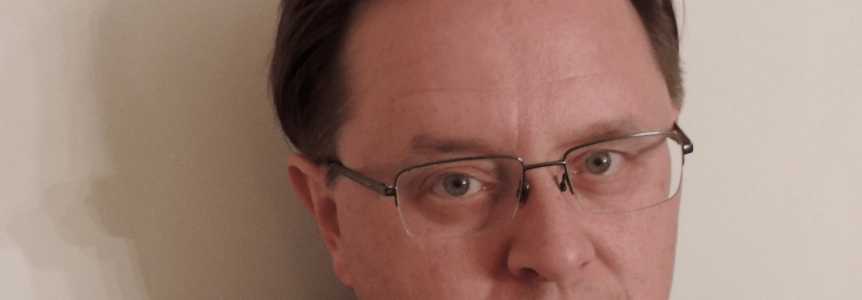
If they watching you who is watching them?

Privacy is gravely endangered in the digital age granting immense power to the government and corporations.
Data harvesting and digital Surveillance are a major concern, as we are dreading about what is being done with our data.
Frimin DeBrabander a professor of Philosophy at the Maryland Institute College of Art asks how we can ensure and protect our freedom in the absence of privacy and states “We don’t know what to say, how to articulate or express the harm that is inflicted by widespread government and commercial surveillance.”
We have already given up nebulous rights over our data to for the convenience of digital economy as many of us wilfully expose our lives on social media.
He argues the vitality of public realm, is far more significant to the health of our democracy, but is equally endangered and often overlooked in the digital age.
Despite increasingly urgent warnings from privacy activists and academics, consumers are still posting on social media, consenting to tracking, allowing corporations to personalise our experiences and collect vast troves of data about us.
As technological surveillance has ramped up, we as customers and citizens are increasingly undefended with landmark laws like GDPR still reliant on the idea that a single individual can make autonomous decisions about their privacy when faced with the overwhelming power of multinational corporation’s economic incentives. He argues that the concept of privacy emphasizes the role of the individual on politics and not the role of individuals acting collectively, through community organisations and collective actions.
A complacency is created by our digitally induced comforts, we may no longer have the will to resist.
Life After Privacy: Reclaiming Democracy in a Surveillance Society by Frimin DeBrabander, Cambridge University Press £19.99, 180 pages.
